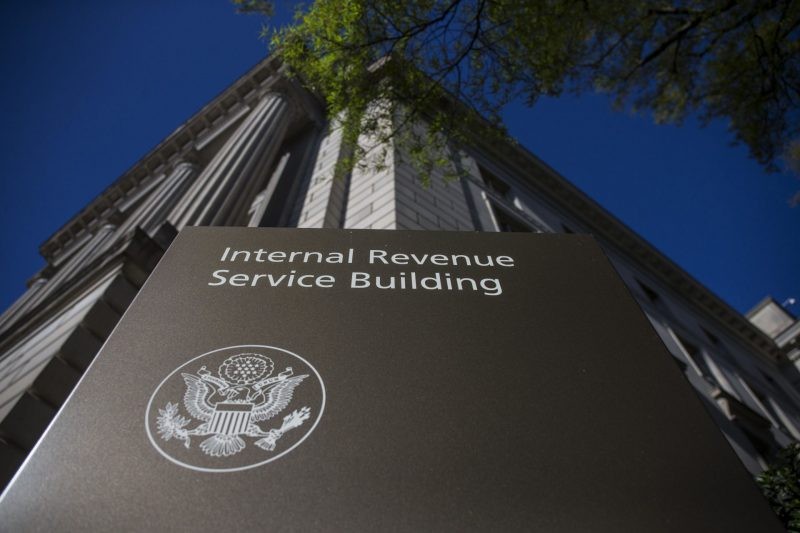
The Internal Revenue Service (IRS) announced a one-year postponement of new cryptocurrency tax reporting requirements, moving the implementation date to January 1, 2026. The delay gives crypto brokers additional time to adapt their systems to meet updated regulations.
The rules, finalized in July, focus on how investors should track and report the cost basis of cryptocurrencies held in brokerage accounts. Under these regulations, if investors don't specify their preferred accounting method, they must use the First-In, First-Out (FIFO) approach - where the earliest purchased assets are considered sold first.
Tax experts welcomed the delay, noting that many centralized finance (CeFi) brokers currently lack the technical infrastructure to support specific identification methods that would allow investors to choose which crypto units to sell. Without these capabilities, investors would be forced to use FIFO, potentially leading to higher taxable gains in the current market conditions.
The postponement comes amid broader regulatory changes in the crypto industry. The IRS recently introduced separate rules requiring certain decentralized finance (DeFi) brokers to collect and report users' personal data and trading history starting in 2027. These requirements mainly target "trading front-end service providers" like decentralized exchanges that facilitate digital asset transactions.
The IRS estimates that between 650 and 875 DeFi brokers will need to comply with these new reporting requirements, potentially affecting up to 2.6 million taxpayers. However, the rules face legal challenges from industry groups, including the Blockchain Association and Texas Blockchain Council.
The agency maintains that these regulations align with its traditional approach to broker oversight and are not intended to single out the DeFi sector. Under the new framework, platforms that enable cryptocurrency exchanges through smart contracts may be classified as brokers if they maintain sufficient control over transactions.
This extended timeline provides crypto platforms additional preparation time while offering temporary relief to investors concerned about unfavorable tax implications due to limited reporting options.